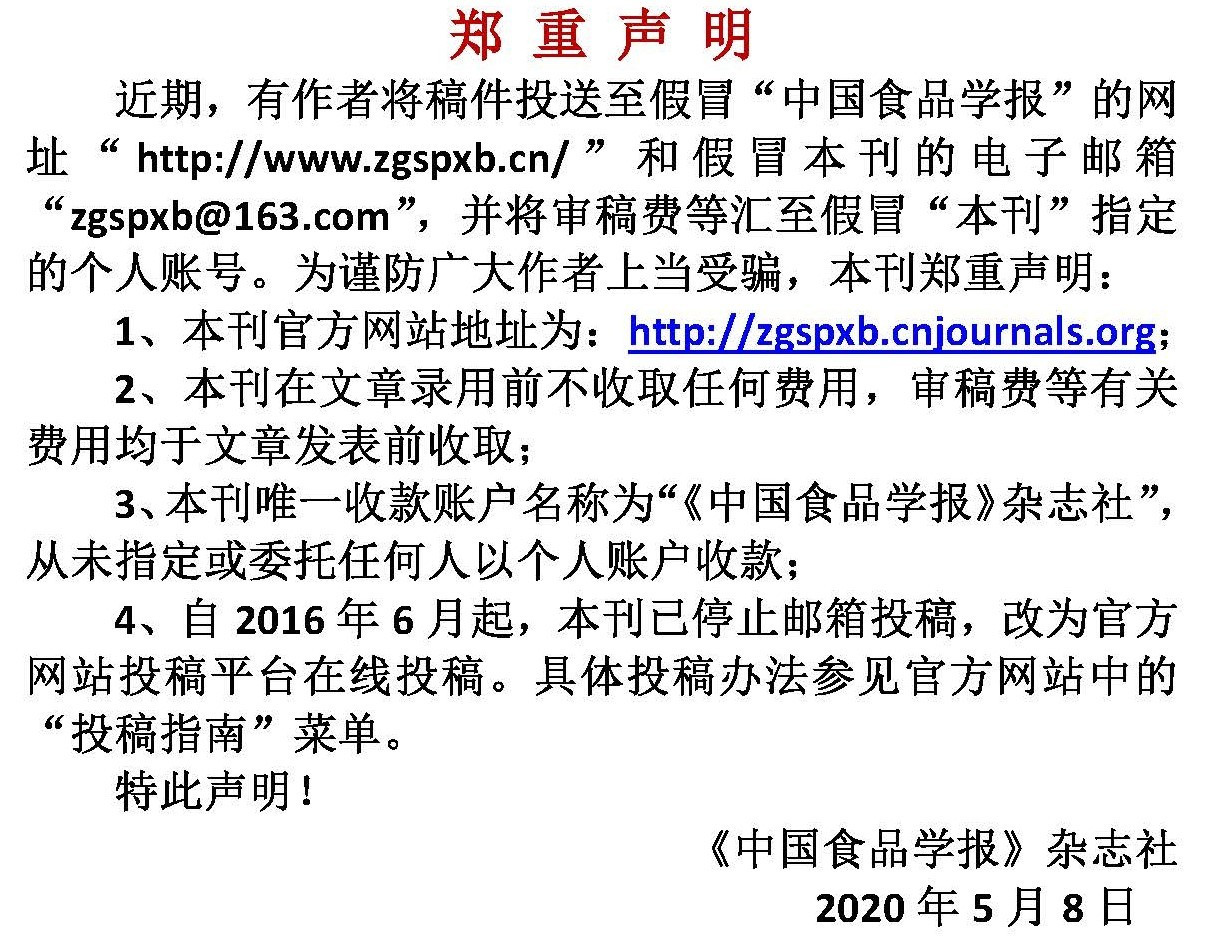复合益生菌对免疫低下模型小鼠的保护作用
作者:
作者单位:
(黑龙江中医药大学药学院 哈尔滨 150040)
基金项目:
黑龙江省自然科学基金项目(LH2019H106)
Protective Effect of Compound Probiotics on Immunocompromised Mice
Author:
Affiliation:
(School of Pharmacy, Heilongjiang University of Chinese Medicine, Harbin 150040)
引用本文
李玟玟,马微微,马青,张振华,张丽欣,黄莉莉.复合益生菌对免疫低下模型小鼠的保护作用[J].中国食品学报,2023,23(8):124-131
复制分享
文章指标
- 点击次数:
- 下载次数:
- HTML阅读次数:
历史
- 收稿日期:2022-08-10
- 在线发布日期: 2023-09-01
文章二维码

版权所有 :《中国食品学报》杂志社 京ICP备09084417号-4
地址 :北京市海淀区阜成路北三街8号9层 邮政编码 :100048
电话 :010-65223596 65265375 电子邮箱 :chinaspxb@vip.163.com
技术支持:北京勤云科技发展有限公司
地址 :北京市海淀区阜成路北三街8号9层 邮政编码 :100048
电话 :010-65223596 65265375 电子邮箱 :chinaspxb@vip.163.com
技术支持:北京勤云科技发展有限公司
请使用 Firefox、Chrome、IE10、IE11、360极速模式、搜狗极速模式、QQ极速模式等浏览器,其他浏览器不建议使用!
